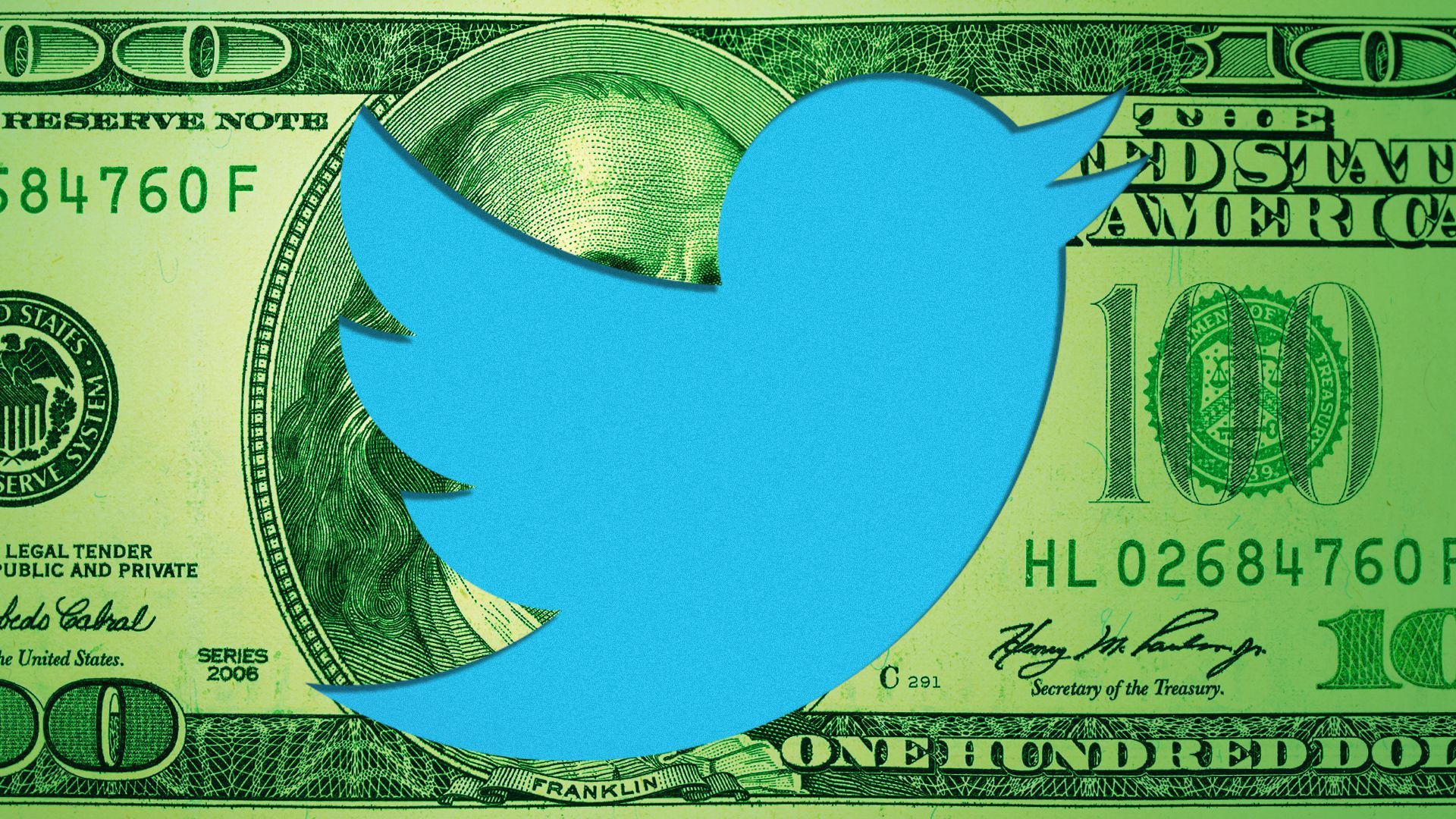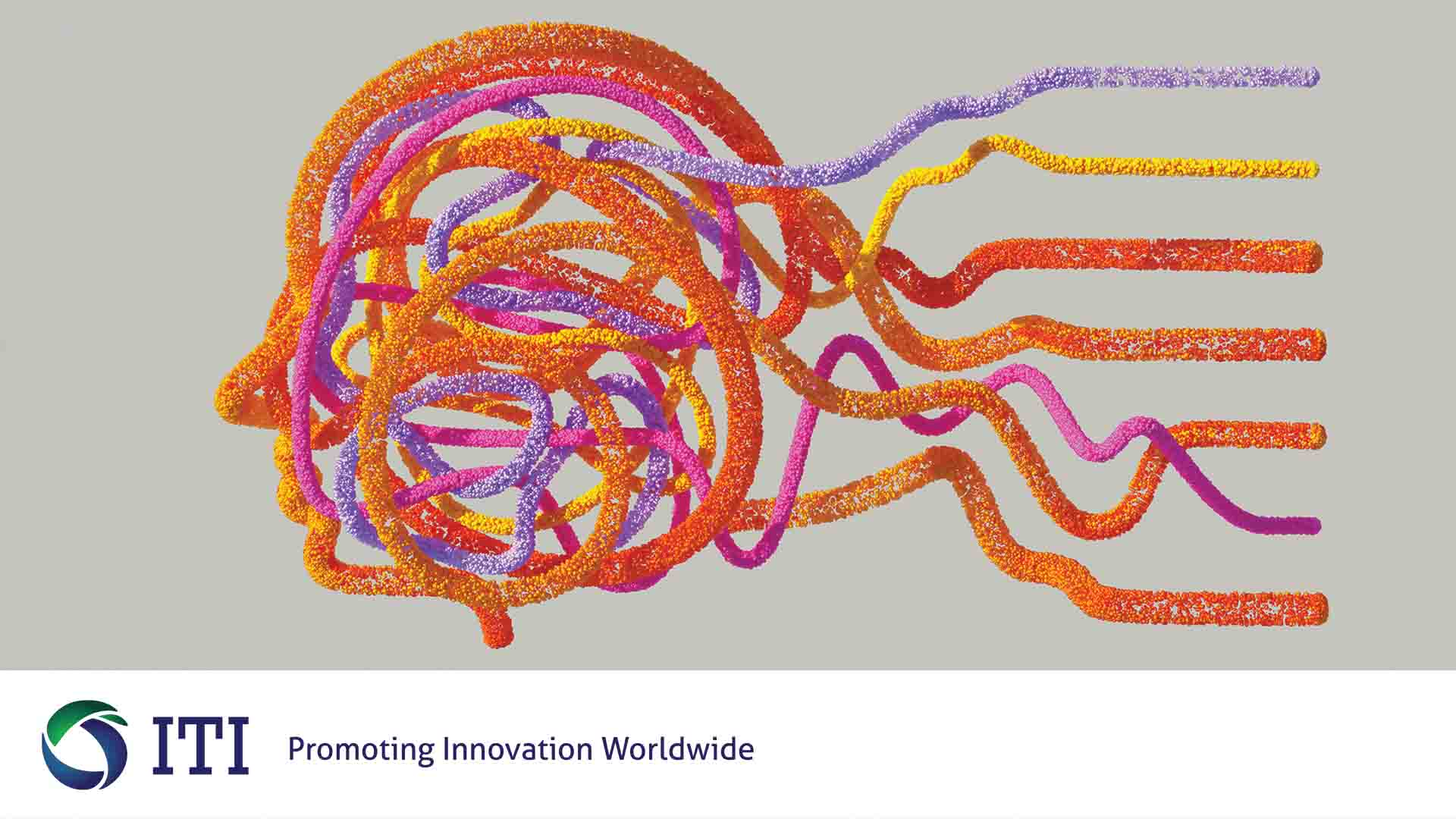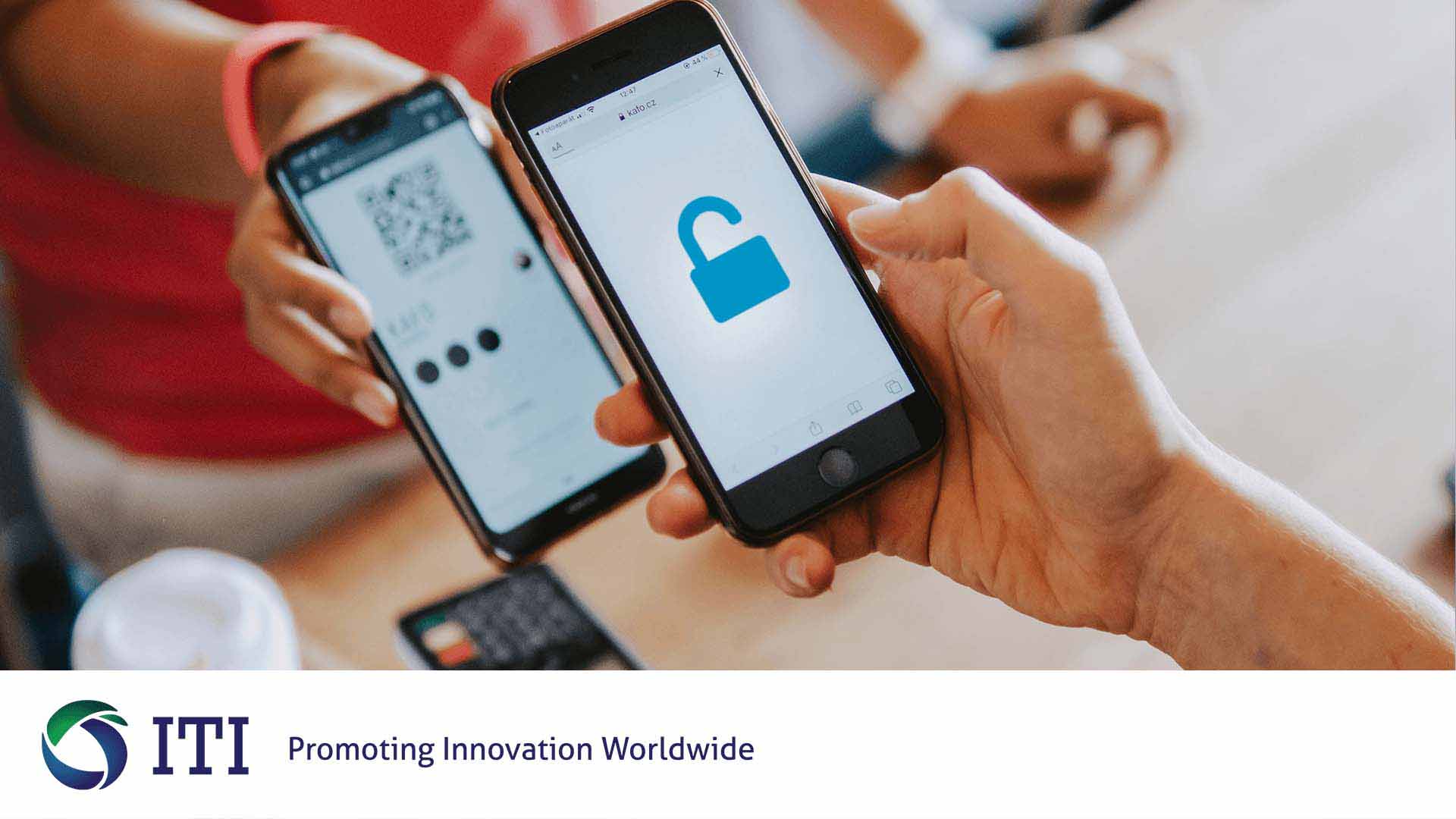| | | | | | | Presented By The Information Technology Industry Council (ITI) | | | | Axios Login | | By Ina Fried · Jan 17, 2023 | | Hi from Davos, Switzerland! Let me just take off my boots — it's quite snowy here. There, that's better. Today's Login is 1,270 words, a 5-minute read. 📎 Situational awareness: Microsoft CEO Satya Nadella said the company plans to incorporate AI tools like ChatGPT into all of its products, according to the Wall Street Journal. | | | | | | 1 big thing: Tech's next big fights |  | | | Illustration: Gabriella Turrisi/Axios | | | | Old orders are fading while new ones fight to come into focus as the tech world enters a year of deep flux, Axios' Scott Rosenberg reports. In every corner of the industry, incumbent powers are faltering, and major new technologies and players have arrived but not yet cemented their sway. Social media: TikTok vs. Washington TikTok has reshaped the flow of online culture, making its short-video format and global "discovery" algorithm into dominant channels for sharing ideas and trends. - In the field: Facebook, Instagram, Snapchat and other competitors have tried to copy TikTok but have still seen it steal their business.
- Yes, but: TikTok's Chinese ownership has made it a target for hostile regulators and legislators in Washington, and despite its popularity, the platform's future in the U.S. remains very much up in the air.
- The big question: U.S. authorities will either demand stringent conditions for TikTok to continue to operate in its current structure or force the company to sell to an American owner.
Metaverse: Apple vs. MetaApple is said to be ready to roll out its long-awaited augmented-reality goggles this spring, making what could be its biggest new-product splash since the iPhone's unveiling 15 years ago. - In the field: Apple's Reality Pro headset (as it's rumored to be named) will challenge Meta's position as metaverse market leader.
- Yes, but: Apple's many delays for launching the new product suggest it has already faced many roadblocks, and a likely high price point and technical hurdles could make its debut rocky.
- The big question: Despite the ferment and excitement around headsets, no one has yet proved they have real-world applications beyond gaming.
AI: Microsoft vs. GoogleGenerative AI tools like ChatGPT threaten to replace the 20-year reign of Google's web search with a chattier Q&A interface. - In the field: Microsoft's backing of and close ties to ChatGPT creator OpenAI could finally give it an edge in its long-stymied effort to compete with Google Search.
- Yes, but: Generative AI still can't cite sources or distinguish between fact and fiction, and scrupulous users may prefer to stick with traditional search. Meanwhile, Google has some potent generative AI tech of its own, but has been more cautious about deploying it.
- The big question: Generative AI programs have proven they're capable of mimicking human creativity. But nobody has yet shown how they will either make money or win people's hearts and minds.
Other looming fights- Tech platforms will spend the year defending themselves from charges by the new GOP House that they're biased and limit free speech.
- Assertive antitrust action by the FTC and the Justice Department will make it harder for tech giants to purchase smaller rivals, opening space for newcomers to grow.
- Crypto and web3 believers will try to restore trust in their projects, while financial regulators keep turning the screws.
Zoom out: A potential recession, higher interest rates and sagging stock prices have checked the tech industry's confidence. But no one knows whether this year will bring renewed exuberance or a deeper economic swoon. The bottom line: Tech's eras have always been reset during times of retrenchment. - Think of the early '90s, when the internet took off; the millennium's dotcom bust, which spawned Google; and the Great Recession of 2008-09, which ushered in the smartphone.
- In 2023 the industry is primed and ready for a similar transition.
|     | | | | | | 2. Media firms set 2023 content deals with Twitter |  | | | Illustration: Aïda Amer/Axios | | | | Twitter is planning to run content sponsorship deals with more than three dozen news outlets, media companies and sports leagues in the first half of this year, according to a schedule of events shared with ad partners and seen by Axios, Sara Fischer reports. Why it matters: Elon Musk's leadership style has caused many advertisers to flee, but media companies, newsrooms and sports leagues are reaping too much revenue and marketing advantage to quit the platform. Details: This year, almost all the major sports leagues, including the NFL, NBA, NHL and more, plan to run content deals on Twitter around regular season games and tentpole events, according to the schedule seen by Axios. - News outlets such as the Wall Street Journal, NBCU, Reuters, Axios, Bloomberg, Forbes, Condé Nast and USA Today are also slated to participate in various Twitter content deals around moments such as the World Economic Forum at Davos, CES, and Pride Week.
- Most of these media partnerships are multi-year deals and were brokered before Musk took over Twitter. Some deals, like the NFL's partnership with Twitter, are worth seven figures if they run for their full term, according to two sources familiar with the agreements.
Be smart: There's little financial downside to staying in the content deals for publishers on the platform. But the companies and leagues don't want to broadcast that they are sticking with the deals because they fear reputational damage from Musk-era Twitter's free-speech free-for-all. By the numbers: While many advertising categories across Twitter saw between a 30% to 60% drop in the number of active U.S. advertisers last quarter compared to the same quarter in 2021, the number of active U.S. media and entertainment advertisers fell by less than 15%, according to a source familiar with the situation. |     | | | | | | 3. Using iPhones to detect fakes |  | | | Illustration: Sarah Grillo/Axios | | | | Every object in the world has a unique fingerprint — and most modern cellphones have good enough cameras that they can read it. The implications, for almost any industry that deals with physical things, could be revolutionary, Axios' Felix Salmon reports. Why it matters: Modern technology from Alitheon, a startup in Bellevue, Washington, allows provenance and authentication to be applied to specific mass-produced objects — be they sneakers, pharmaceuticals, car parts, art prints, T-shirts, or even bars of gold. And it can all be done just by taking photos. The big picture: Fakes can be deadly, when it comes to pharmaceuticals or precision-tooled components. They can also cost companies billions of dollars in foregone revenue and reputational damage. But — until now — identifying fakes has been laborious, expensive, error-prone, and time-consuming. How it works: All objects are snowflakes, if you look at them carefully enough. Even two seemingly identical highly-polished gold bars have differences that can be picked up by the camera on an iPhone 13. - If you can do that, then telling the difference between two pairs of sneakers that came off the production line next to each other is downright trivial.
Go deeper: How Alitheon's authentication tech is transforming collectibles |     | | | | | | A message from The Information Technology Industry Council (ITI) | | U.S. must lead AI deployment | | |  | | | | Congress should fund AI research and development, maximize AI adoption, and avoid mandates that inhibit innovation. Read ITI's Tech Policy Roadmap for U.S. Competitiveness and Growth — and join the conversation at ITI's The Intersect: A Tech + Policy Summit on Jan. 31. | | | | | | 4. Take note | | On Tap - Lots of events all around Davos, hosted by everyone from Meta and Microsoft to Palantir. There's even an Axios House this year!
Trading Places - Contract manufacturer Foxconn has named a new head for its iPhone assembly business, per Bloomberg. Michael Chiang succeeds Wang Charng-yang, who will focus on his work as part of Foxconn's board, Bloomberg said.
- Michele Romanow, the CEO of SoftBank-backed Clearco, is leaving the company, per The Information. Clearco, which helps e-commerce companies get capital in exchange for a cut of future revenue, has struggled and been cutting staff, The Information reports.
ICYMI - Twitter's suspension of third-party client apps' access late last week was a deliberate move, not a glitch, according to internal documents reported by The Information.
- Microsoft announced it would open its previously invite-only Azure OpenAI Service, which offers commercial access to tools like ChatGPT and Dall-E 2, to all customers, but said they would have to apply and adhere to ethics policies. (Bloomberg)
- Apple today unveiled updated MacBook Pro and Mac mini models, using newly announced M2 Pro and M2 Max chips. (The Verge)
|     | | | | | | 5. After you Login |  | | | Photo: ina Fried/Axios | | | | I wish I could bring you all physically with me, but as an admittedly poor substitute, here's a picture from the balcony of where I am staying in Klosters, one town over from Davos. |     | | | | | | A message from The Information Technology Industry Council (ITI) | | Americans deserve consistency in controlling their privacy | | |  | | | | Congress must pass a national privacy law that enhances transparency, boosts consumer control over data, and promotes security and innovation. Read ITI's Tech Policy Roadmap for U.S. Competitiveness and Growth — and join the conversation at ITI's The Intersect: A Tech + Policy Summit on Jan. 31. | | | | Thanks to Scott Rosenberg and Peter Allen Clark for editing and Bryan McBournie for copy editing this newsletter. |  | | Your personal policy analyst is here. | | | | | | Axios thanks our partners for supporting our newsletters.
Sponsorship has no influence on editorial content. Axios, 3100 Clarendon Blvd, Arlington VA 22201 | | | You received this email because you signed up for newsletters from Axios.
To stop receiving this newsletter, unsubscribe or manage your email preferences. | | | Was this email forwarded to you?
Sign up now to get Axios in your inbox. | | | | Follow Axios on social media:    | | | | | |
Post a Comment
0Comments